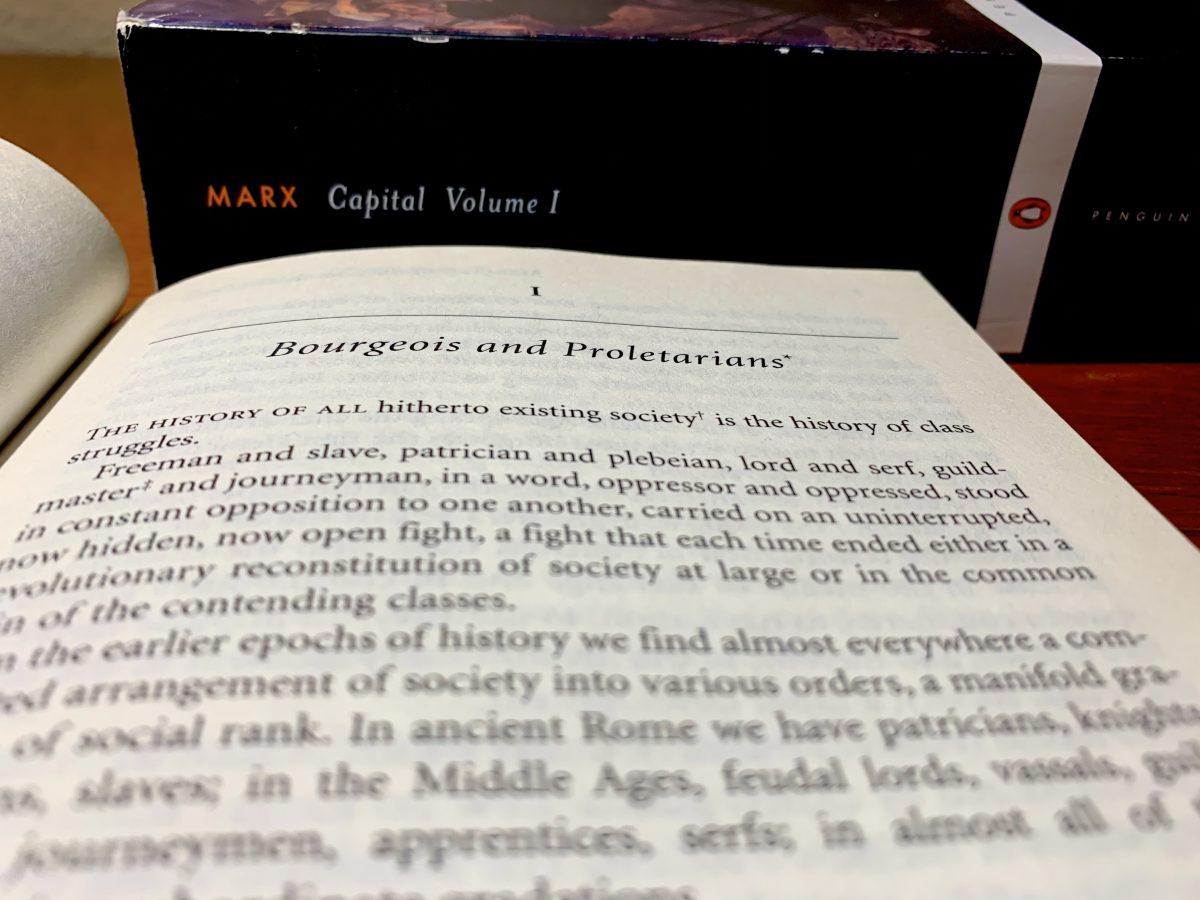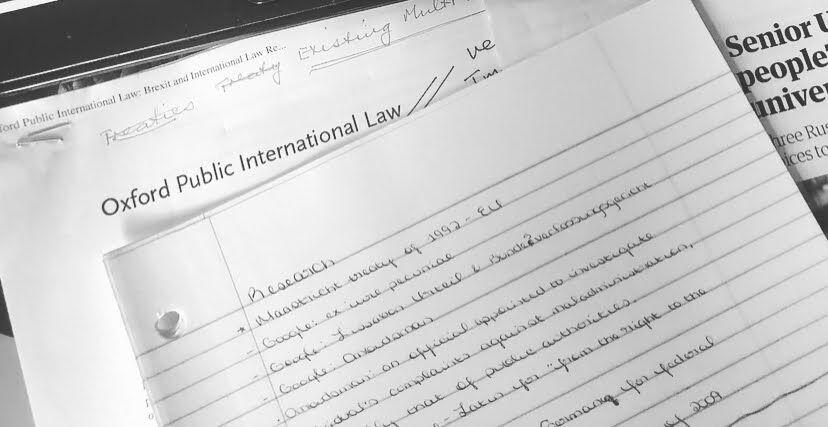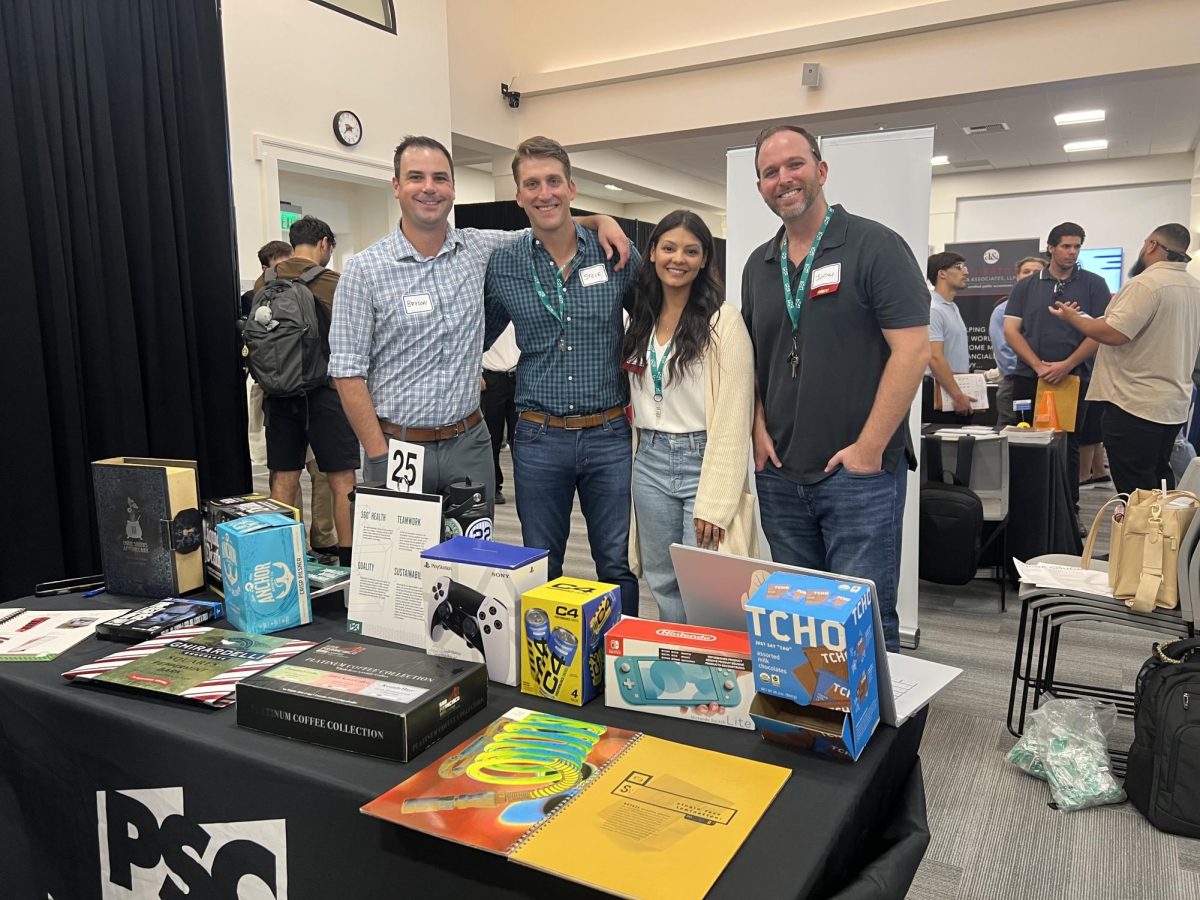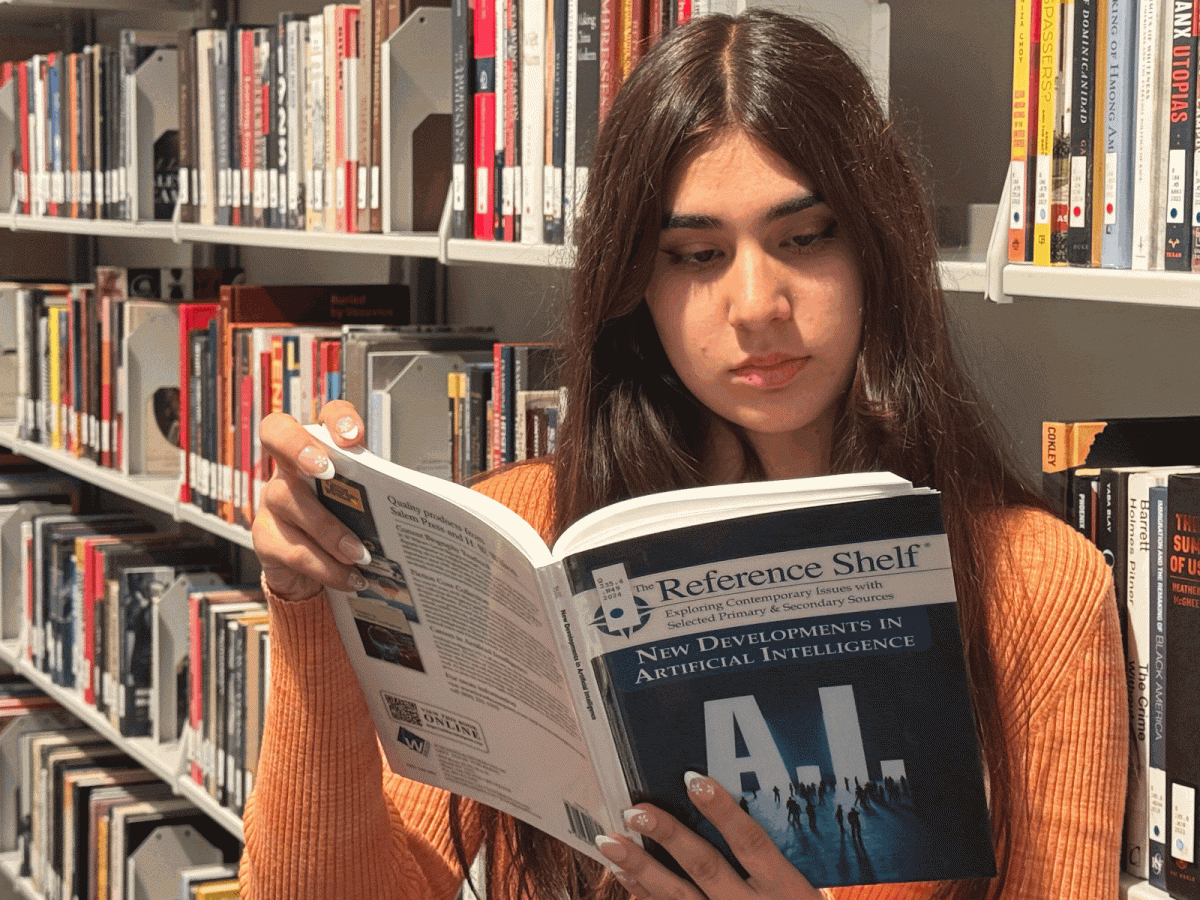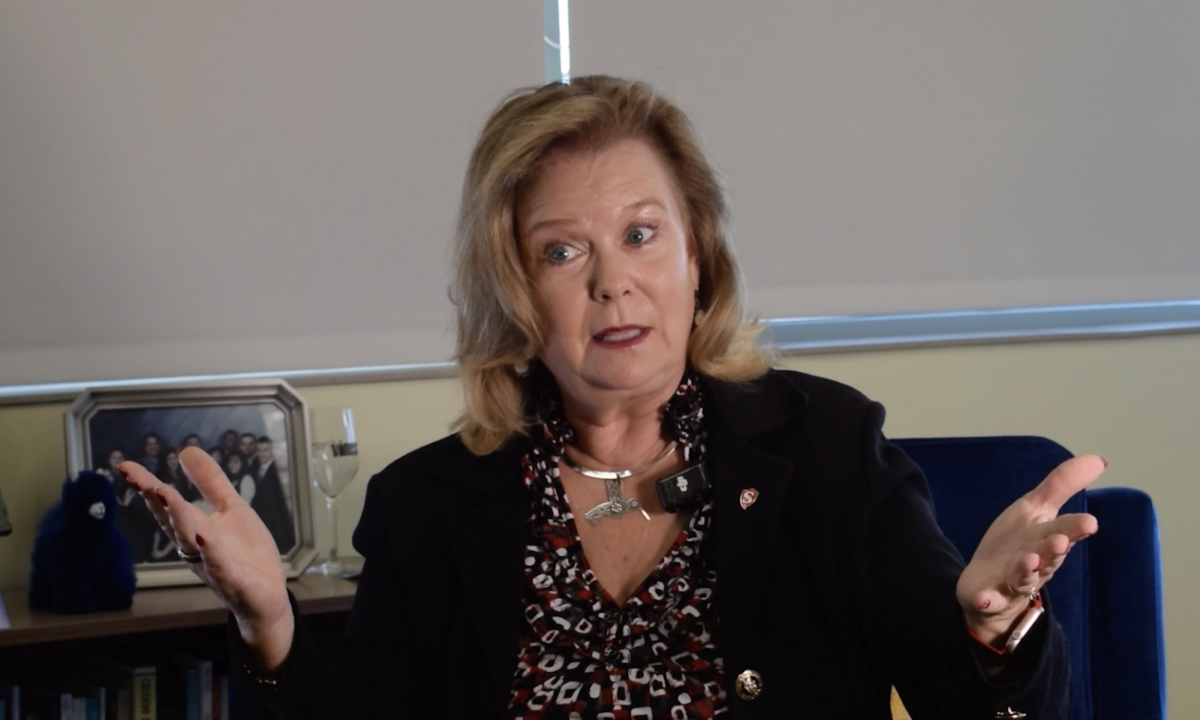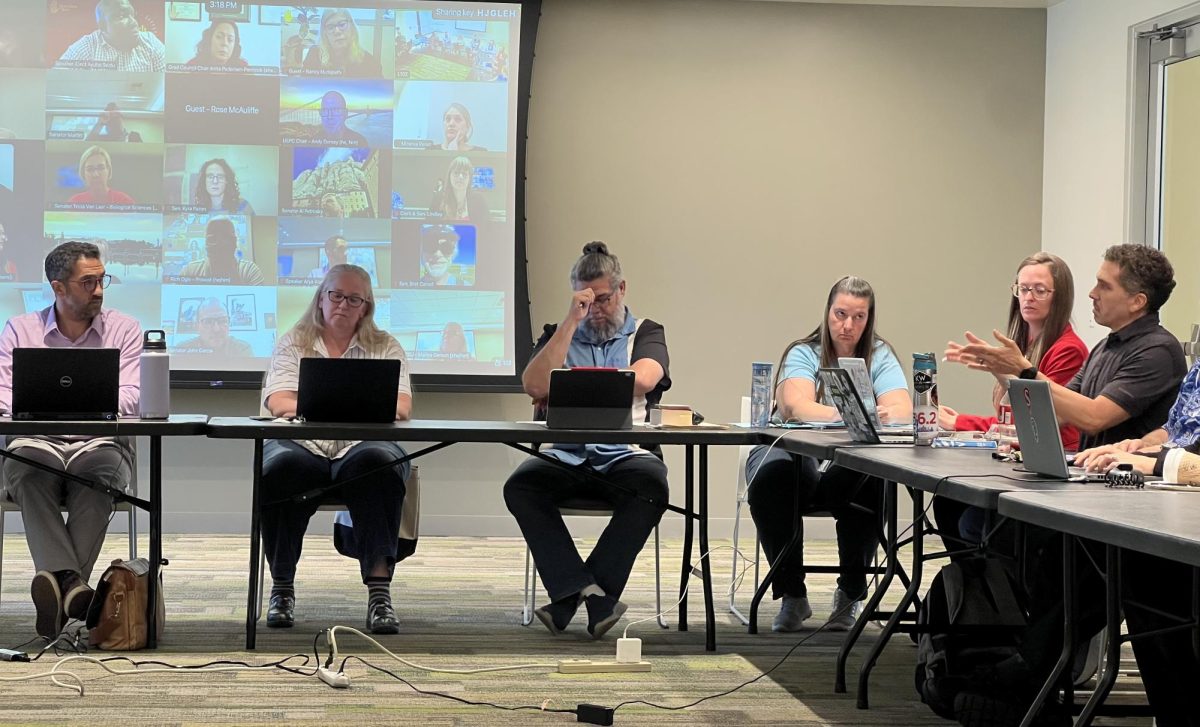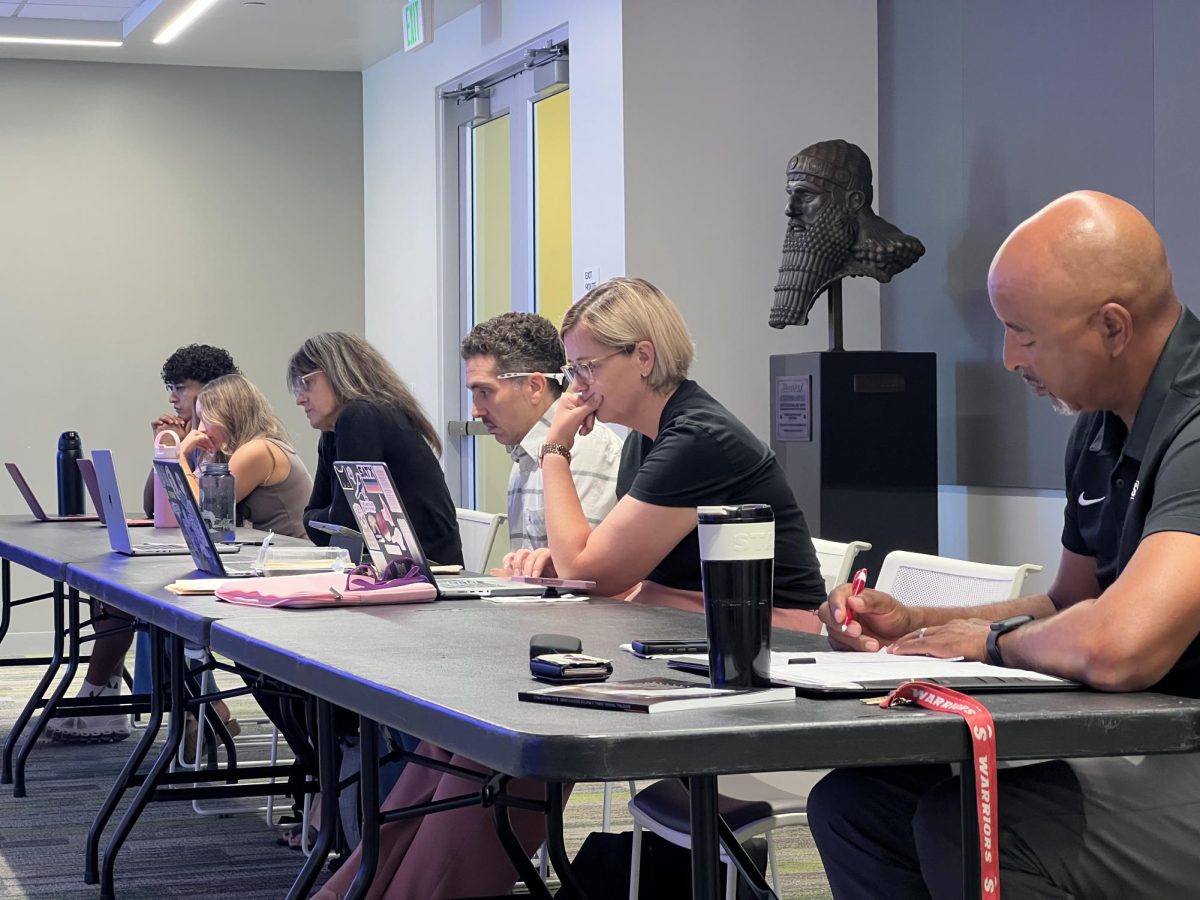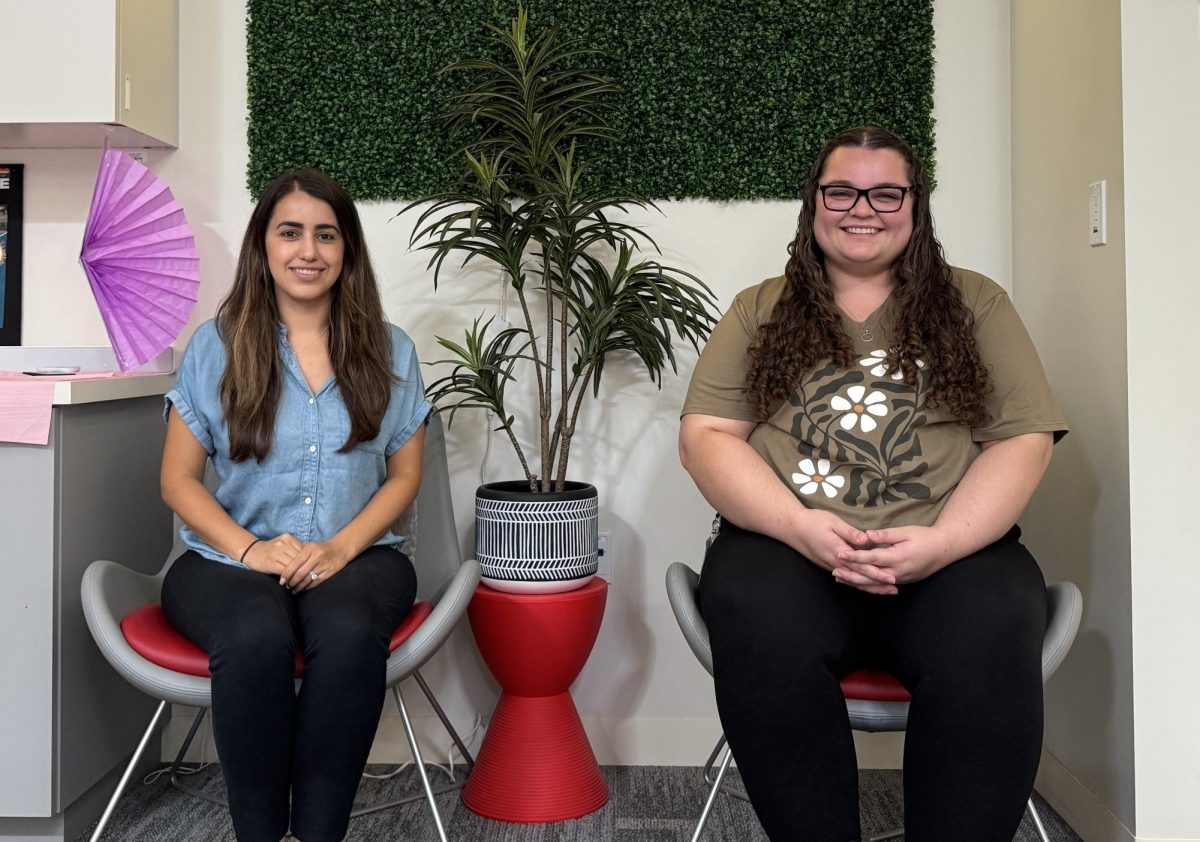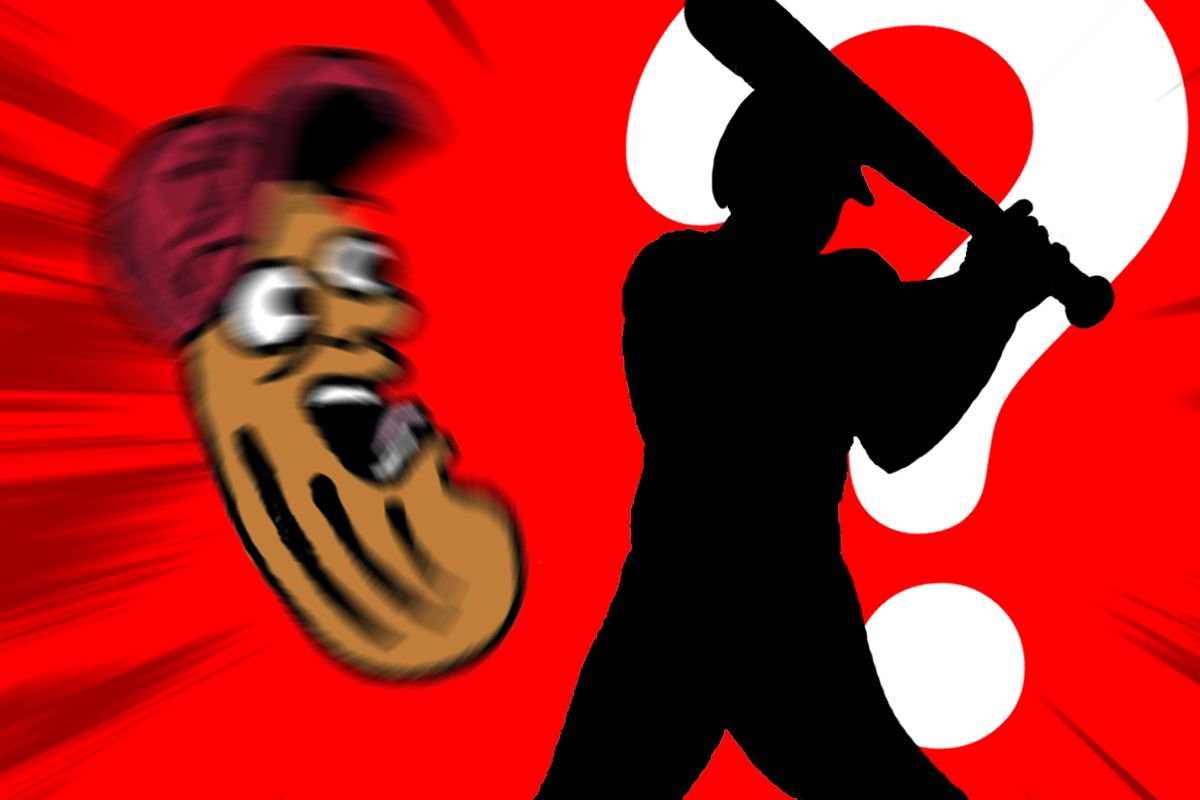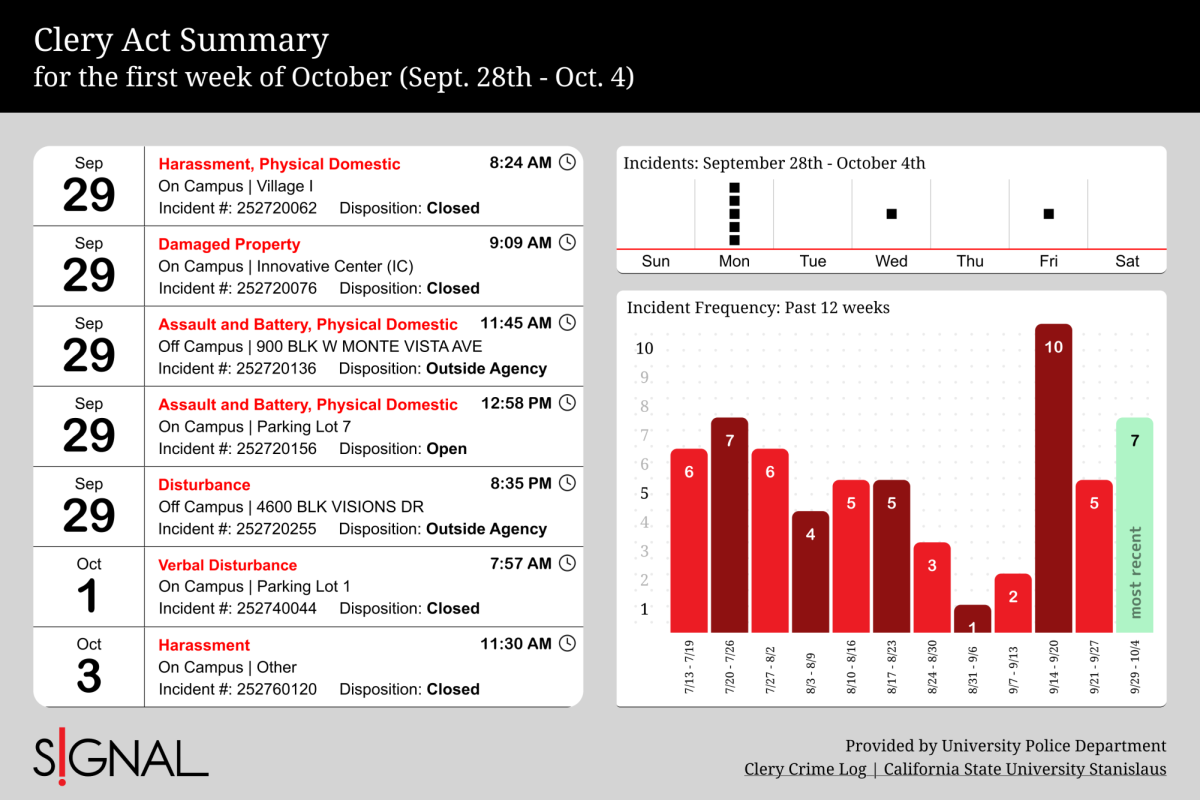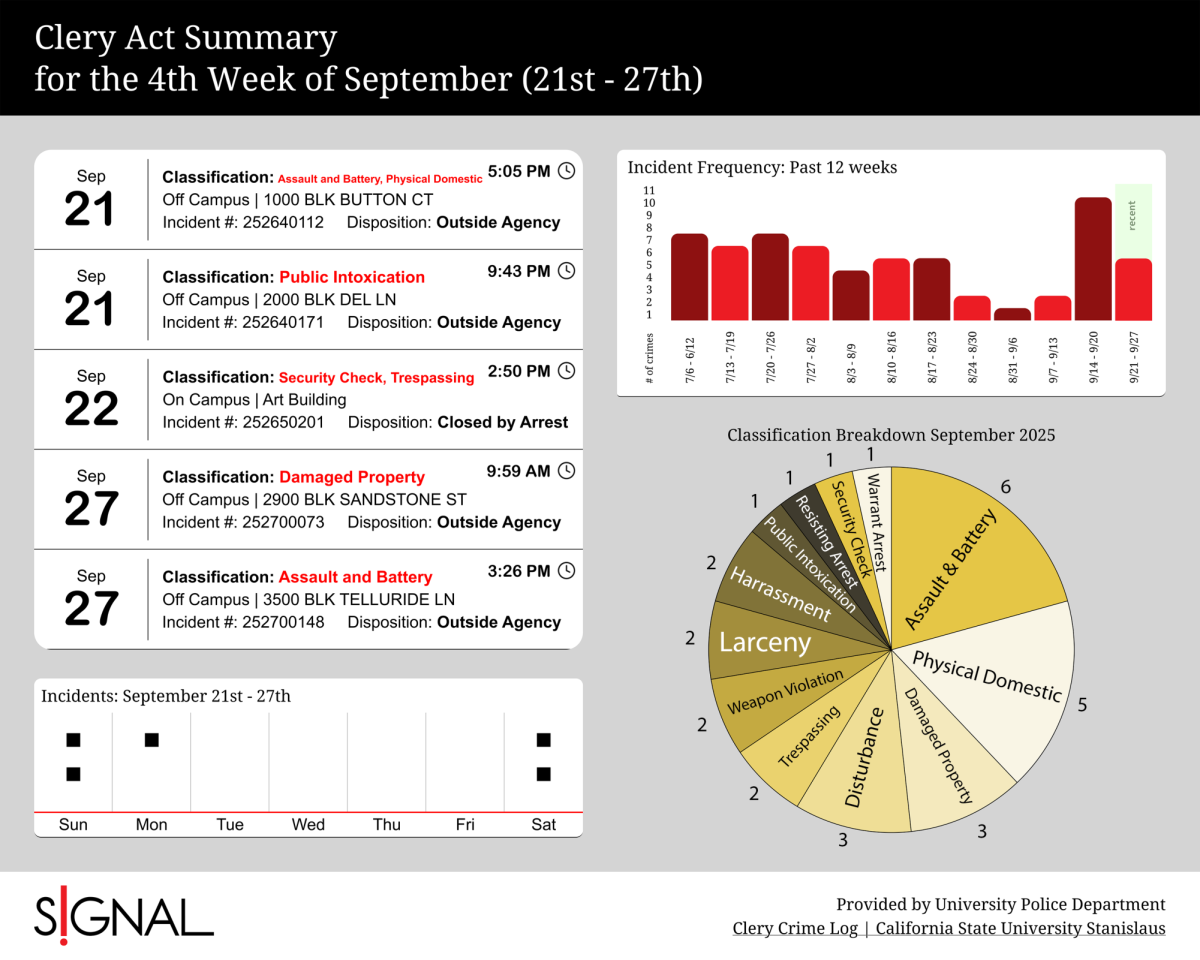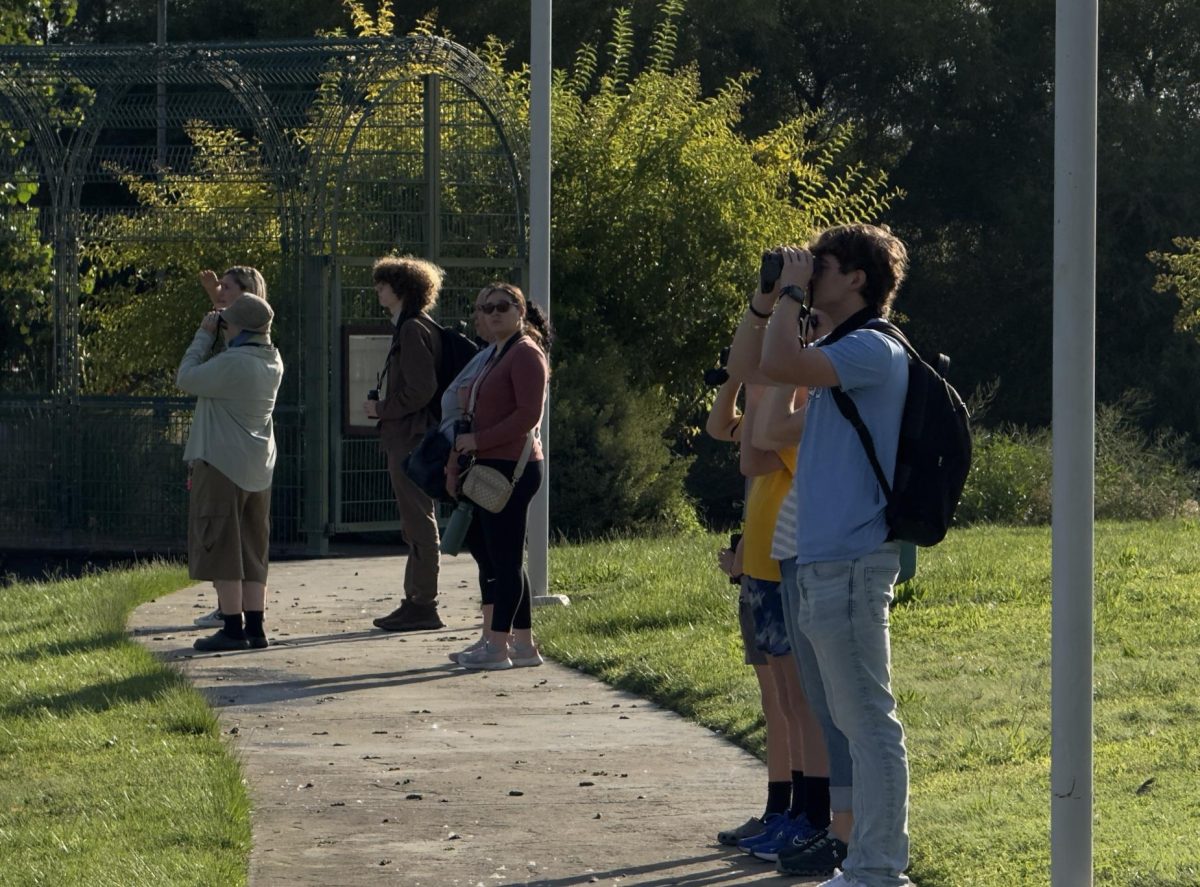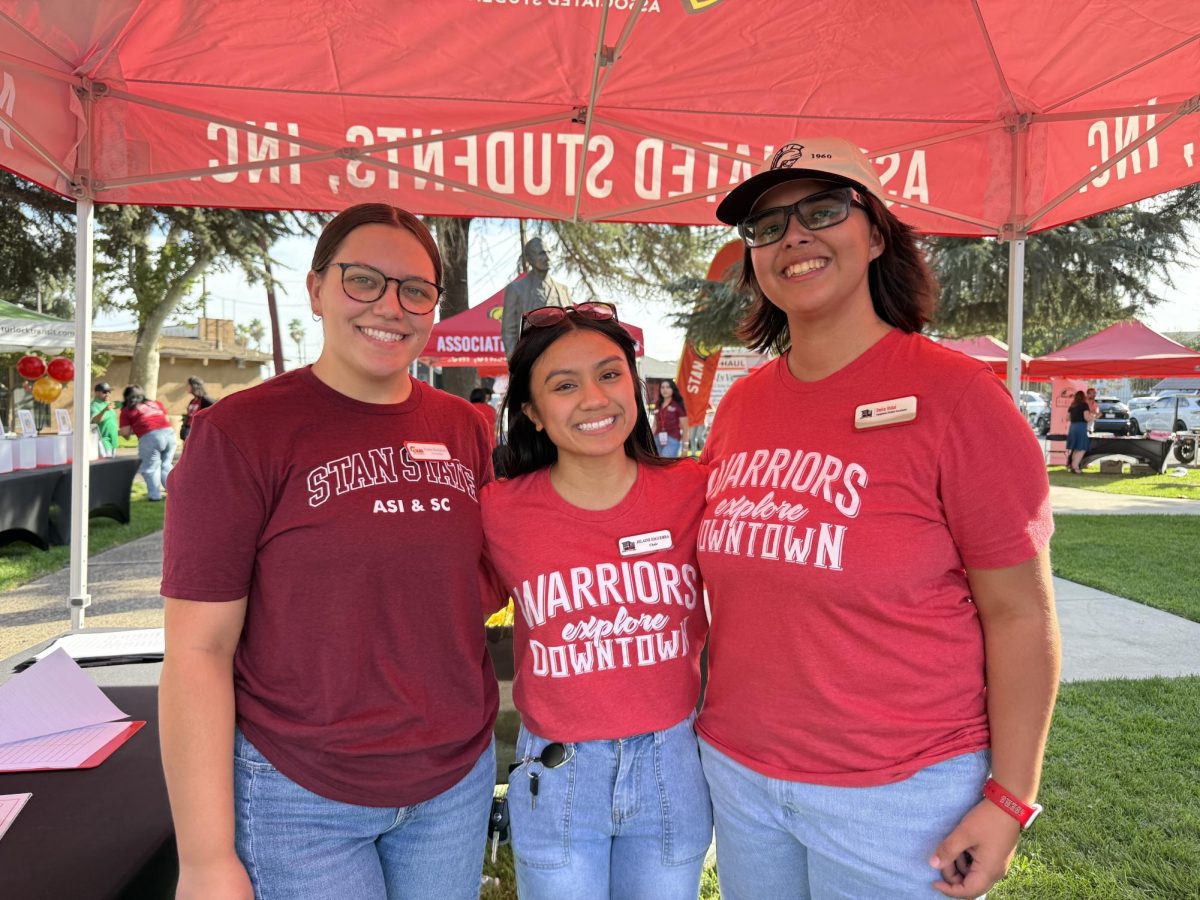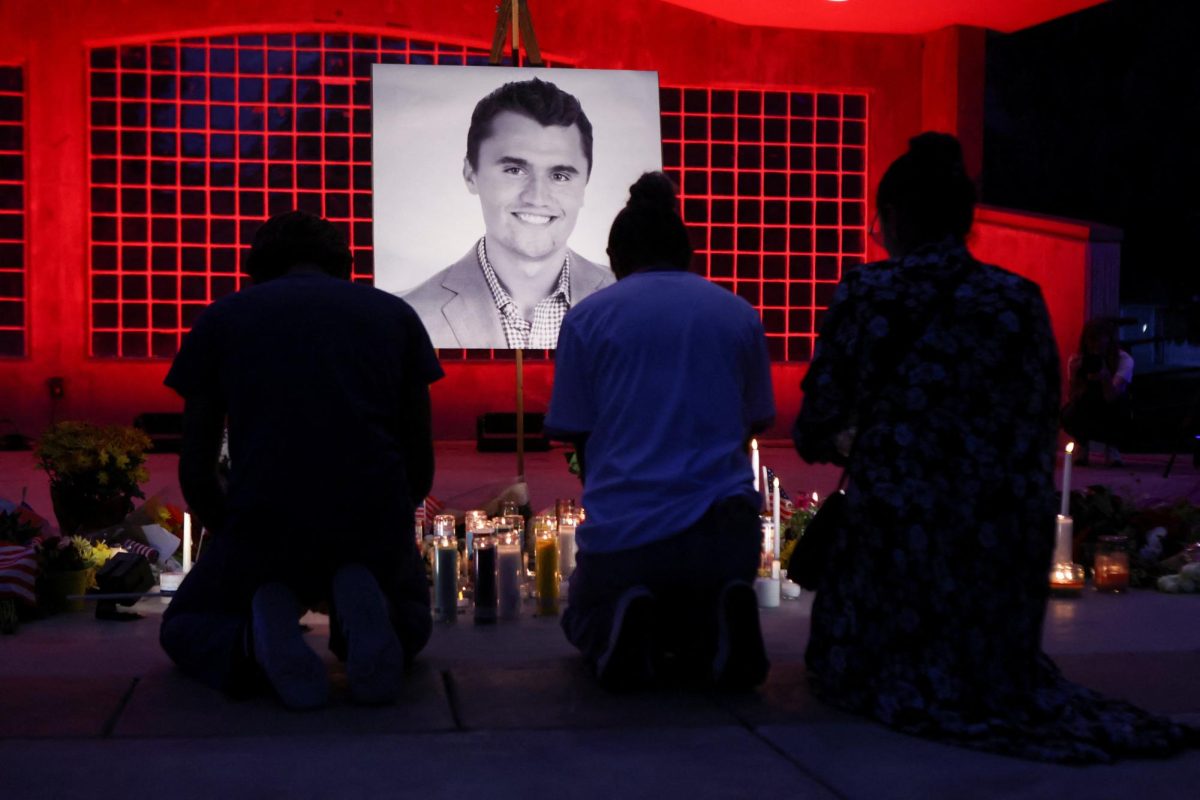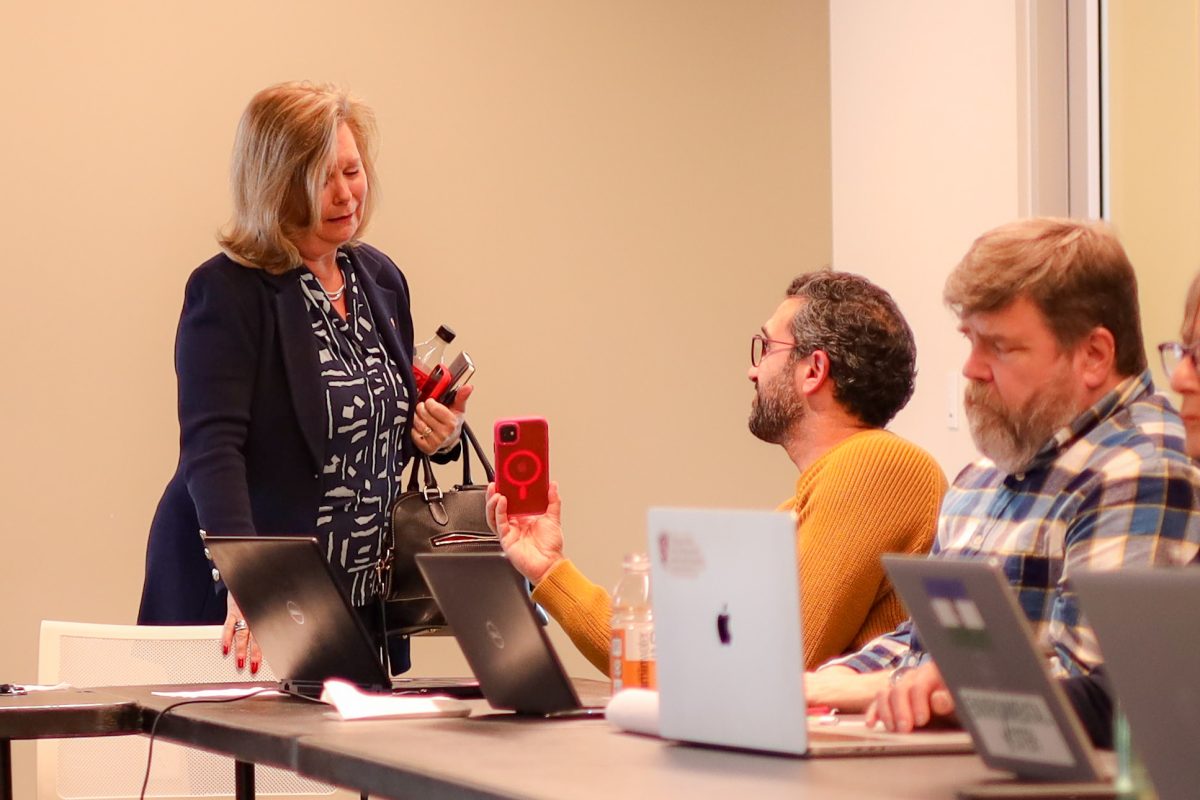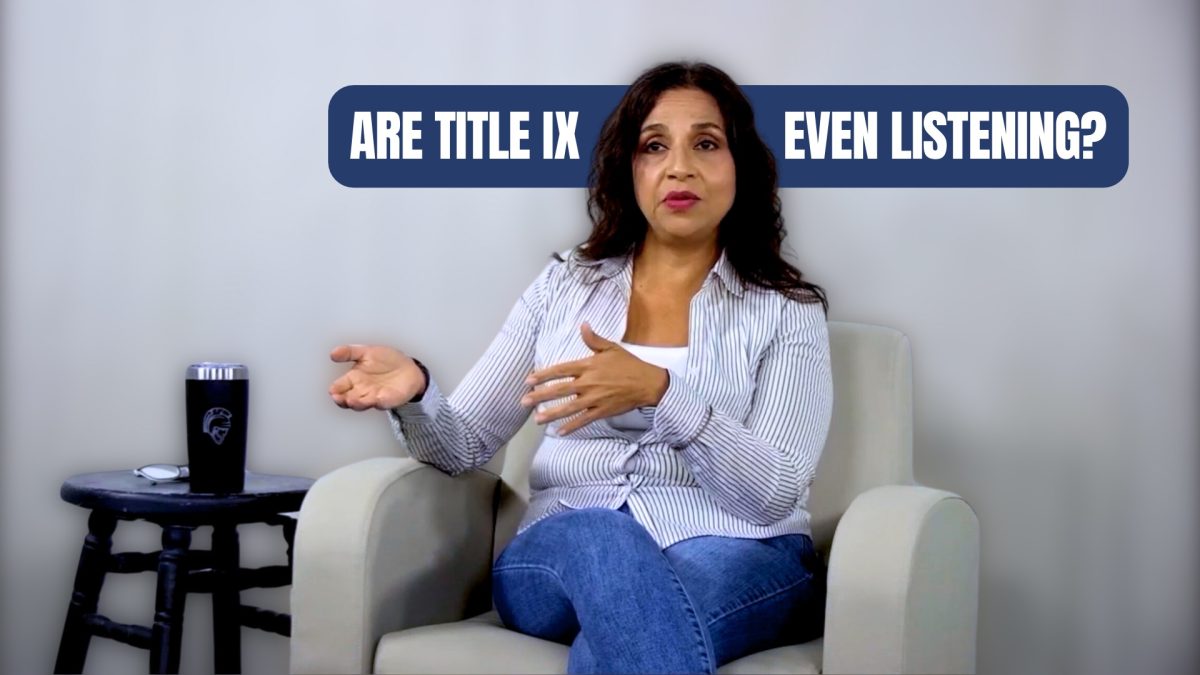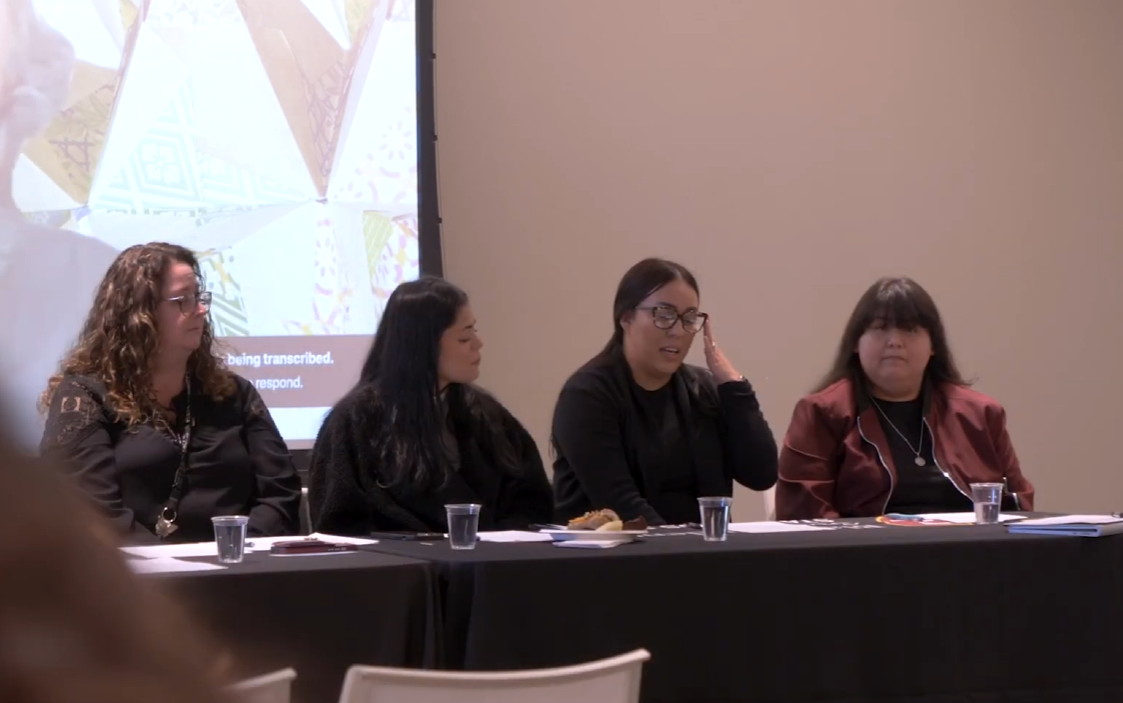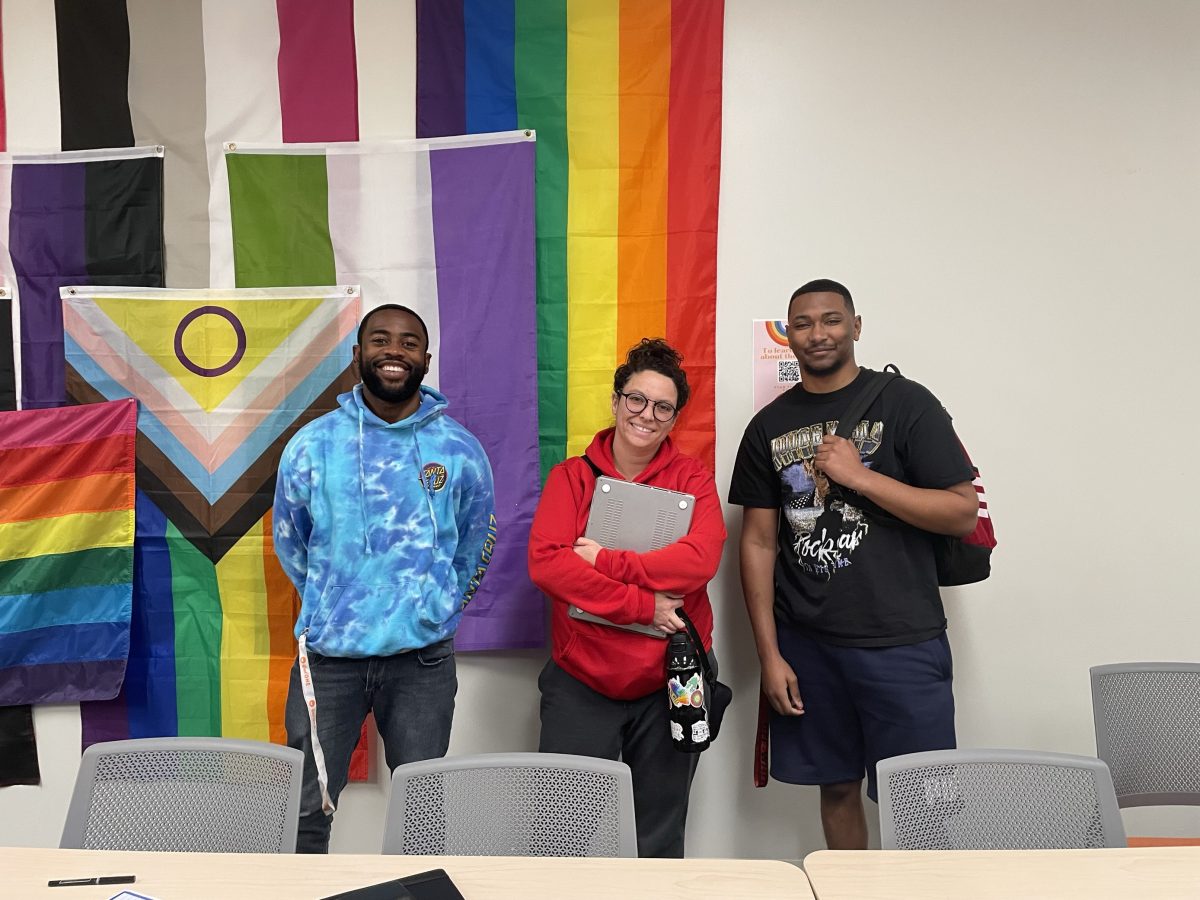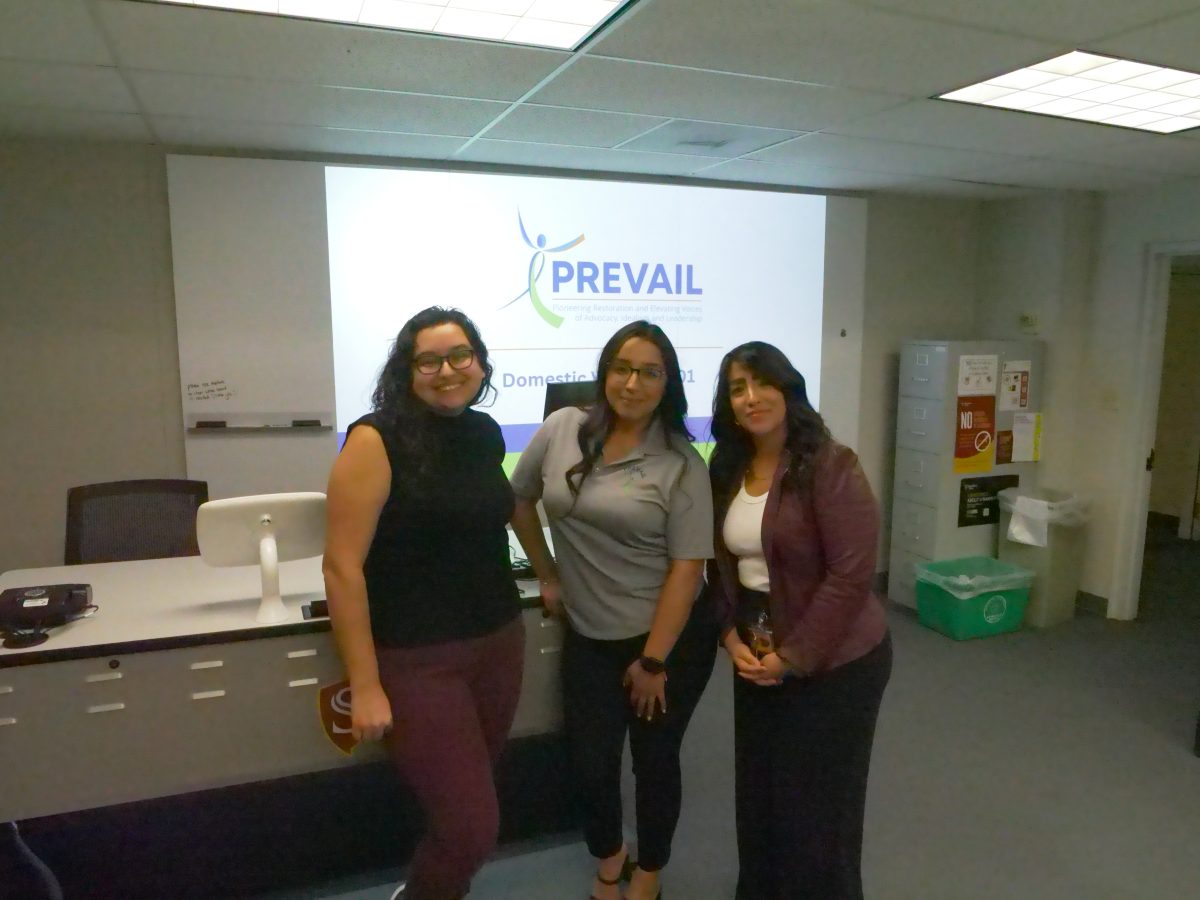Are you interested in social movements happening across the world? Perhaps you are passionate on issues like racial injustices and Indigenous rights. Believe it or not, there are continuous global movements incited to challenge these issues within individual societies in order to restore justice to communities and to people in general.
Here at Stanislaus State, there are classes that offer perspectives and information on issues in the world and how they connect states and state-less peoples.
Marx on the Human Condition with Dr. Lee
Despite allegations that societal progress is a “myth,” we have distanced ourselves far enough from the prosecutorial specter that haunted the United States during the McCarthy Era to have legal access to the rich, intellectual works of a seminal figure in world history – Karl Marx.
Students at Stan State have the opportunity to be guided through Marx’s and other Marxist theorists’ work in the Stan State course Marx on the Human Condition.
This course, taught by Dr. Shu-Shan Lee during fall semesters, fosters an understanding of the critical economic, cultural, and philosophical developments that emerged from Marx and notable Marxist figures such as Frederick Engels, Rosa Luxemburg, Leon Trotsky and Antonio Gramsci.
Marxist theory focuses on the relations of production that materialize in a capitalist system, and these relations, as Dr. Lee said, are relations of domination and exploitation between “those who work and those who don’t.” The workers who engage in often relentless, arduous labor for the creation of products for the “bourgeoisie,” receive a disproportionate share of the wealth that they themselves create.
An understanding of Marxist theory opens the door to understanding the inherent contradictions of a capitalist economy and its domineering, exploitative, and limiting nature that invigorates a multitude of social iniquities around the world.
This form of relation is embodied in the carcass of the “American Dream.” As Dr. Lee noted, there is an assumption that if you “work hard, you can climb the social ladder and become rich,” but for a lot of people, no matter how hard they work, their lives are instead significantly influenced, if not determined, by something as seemingly irrelevant and innocuous as the zip code they are born into.
Studies have often revealed the exploitative, violent, and dehumanizing labor that occurs around the world to bring us products that are widely used and consumed in the United States. Commonplace products like electronics, clothes, potato chips, pornography, coffee, carpet and cigarettes are just a few examples. It is products like these that we zealously consume, completely unaware of the consequent production demands from which dehumanizing occurrences like the “hidden scourge of sexual abuse, ranging from verbal harassment and threats to rape” that Indonesian and Malaysian women producers of palm oil are subject to.
The exploitation that occurs in the capitalist system results in a form of alienation that Lee described as having four different dimensions: There is the alienation from our “life activity,” the “products of our labor,” any semblance of a life of “creation,” and from a society of “cooperation” in favor of a society where we “dominate and oppress others.”
Global Social Movements with Dr. Hughes
Over this past summer, we saw Black Lives Matter protests erupt yet again in the United States over the wrongful police killing of George Floyd. As the protests ranged from the local level to the national level, we soon saw it spread to the global level. With countries experiencing their own difficulties with the killings of Black individuals, like in Colombia and France, and the lack of justice by the government to hold those accountable for their actions. Additionally, the Modesto Bee reported Turlock’s own Black Lives Matter protest that was largely peaceful as many had done their best to be in other parts of the United States.
From Turlock to Paris to Bogotá, the rallying cries were the same: To bring awareness to what was happening to Black folks and how it does not stop at country borders and to say that something needs to be done to end police brutality around the world.
In Dr. Erin Hughes’ class on global social movements, students will be seeing how this all connects. Hughes explains that the Black Lives Matter movement in the United States, End SARS movement in Nigeria, Black Lives Matter in France, and the Black Lives Matter in the UK show that there are shared issues of racial injustice and police abuses happening in those societies. It’s so important to see all of that coming to light.
Additionally, her class will cover other reasons for social movements across the globe. “The big question we want to explore is ‘How does change happen?’ And thinking about how we change society and use politics to do that,” said Hughes.
Hughes’ class looks to cover a wide range of societal issues, from racial injustices to women’s rights to gay rights.
An important thing to remember is that when global movements occur, the issues that cause them do not only affect people on the local level, but at the state, national, and international level as well. Granted, some places may see different degrees of these issues and may even see them manifest in different ways. Nonetheless, the effects of the issues eventually reach everyone in some way.
International Relations with Dr. Conteh
Stan State, the City of Turlock, the State of California, and the United States do not exist in a vacuum. Instead, they are in an intricate, complex, and interconnected world of different nations each with their own cultures, values, and interests. If you want to gain a better understanding of these relations, there are various courses at Stan State, such as International Relations and International Relations: Model UN/Arab, that can help.
This semester, the course on International Relations was taught by Dr. Andrew Conteh, CSU Stanislaus Political Science professor, and it incorporates an interest in the “universality of human rights” with the understanding of the economic and geographical underpinnings of global political relations.
For the upcoming 2021 spring semester, Stan State students will have the opportunity to traverse the interconnected world of international politics with Conteh in his course on International Relations: Model UN/Arab.
To understand the myriad of political relations that exist, it’s important to also understand both domestic and international affairs. As Conteh said, “Domestic and international issues are interwoven today. You cannot draw a line between domestic and international…focusing exclusively on domestic issues is a short-sighted approach.”
Whether or not the American public is aware of it, we are always active participants in a system of international political affairs. For example, bananas, a common staple of the American diet, are not primarily produced in the United States, but in foreign countries. India is the largest exporter of bananas, where currently there is a massive protest by Indian farmers in response to new government changes that the farmers believe will “open them up to exploitation by giant companies.”
According to Conteh, “as a result of the political relationship between the United States and the places that produce bananas,” decisions such as buying a banana, not buying a banana, or boycotting a company that produces bananas, will have an economic impact that affects both the importing country and the exporting country. Which is why, as Conteh explained, “each time you eat a banana, you’re eating international politics.”
These relations have an observable, and in many cases, detrimental effect on the lives of others who are not given the same luxuries and privileges that the average American has. “There are people in the world who eat what they do not produce, and produce what they do not eat,” said Conteh in his account of the disproportionality that exists between producers and consumers.
If you are interested in international relations, Dr. Conteh’s course on International Relations: Model UN/Arab is right for you.
If you feel these courses are ones you would be interested in, you can find them in the Political Science Department in the upcoming semesters.
Courses offered in the Ethnic Studies Department, the Anthropology Department, and the History Department also offer a wide variety of classes covering related topics.

